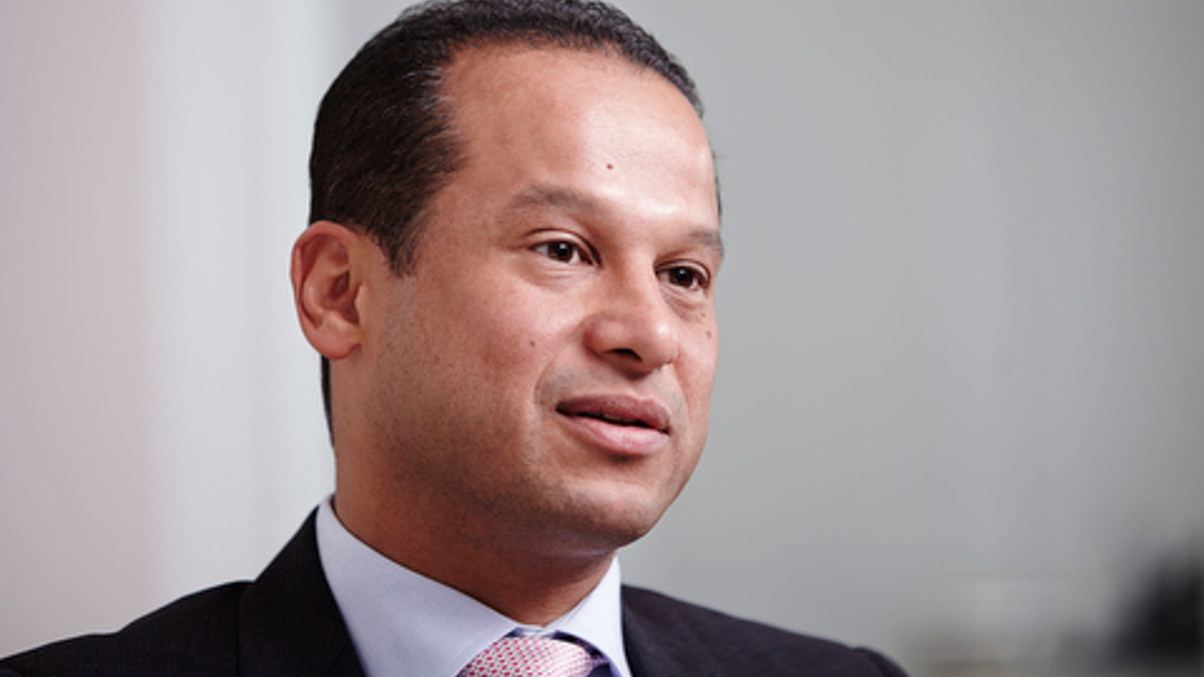Abraaj PE chief on what investors want
Mustafa Abdel-Wadood, global head of private equity at Abraaj, talks about limited partner requests and why his firm prefers not to do deals alongside other general partners.

Mustafa Abdel-Wadood is partner and global head of private equity at The Abraaj Group, a private equity firm based in Dubai. Founded in 2002, it has $9.5 billion under management and focuses on emerging markets across Africa, Asia, Latin America, the Middle East and Turkey.
Sign in to read on!
Registered users get 2 free articles in 30 days.
Subscribers have full unlimited access to AsianInvestor
Not signed up? New users get 2 free articles per month, plus a 7-day unlimited free trial.
¬ Haymarket Media Limited. All rights reserved.


